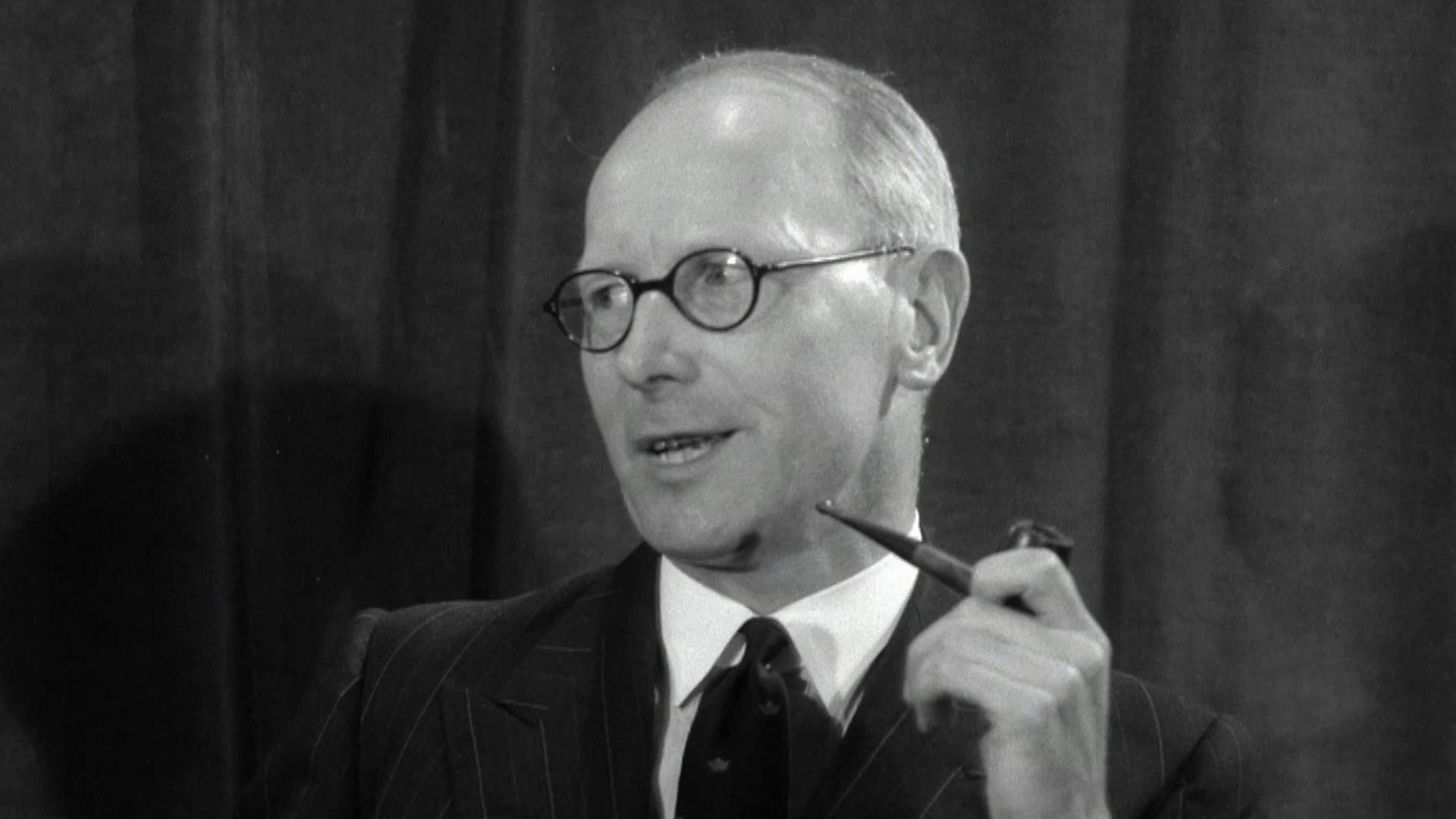In the middle of the 20th century, Britain found itself at a turning point between societal transformation and conventional ethics. Few issues stirred as much discussion as homosexuality, which was still illegal under centuries-old statutes. It was within this context that a crucial document appeared in 1957, poised to question entrenched norms and compel the nation to examine its principles. This report did not merely suggest legislative amendments—it sparked a cultural upheaval that polarized public views for years.
The document in question was known as the Wolfenden Report, named after Sir John Wolfenden, who chaired the committee responsible for its findings. Tasked with reviewing laws on homosexuality and prostitution, the committee embarked on a three-year inquiry that examined legal, moral, and social dimensions of these issues. When the report was finally published, it became one of the most influential and controversial studies of its time.
The fundamental suggestion of the report was that consensual relationships between adult men in private should not be treated as a criminal act. While this might appear minor by today’s norms, it was groundbreaking in 1950s Britain. The notion that morality does not always align with criminality questioned long-held convictions about law, religion, and sexuality.
Reactions to the Wolfenden Report were immediate and polarized. Supporters hailed it as a bold step toward modernity, applauding the recognition of personal liberty and the principle that the state should not intrude into private life without justification. Opponents, however, viewed the recommendations as an attack on moral order, warning that decriminalization would erode the foundations of society. Newspapers, politicians, and clergy all entered the fray, turning the report into a lightning rod for national debate.
The cultural landscape of the era heightened these conflicts. Post-war Britain was a society in flux, navigating austerity alongside a burgeoning consumer culture, and facing identity questions in a decolonization period. In this context, conversations about sexuality went beyond legal changes; they provoked inquiries into the type of society Britain aimed to evolve into. Could a contemporary nation uphold its moral values while adopting personal liberties, or did advancement entail abandoning tradition?
The efforts of the Wolfenden Committee stood out due to its balanced approach and focus on data rather than beliefs. The committee engaged with legal professionals, religious leaders, medical practitioners, and those personally impacted by the legislation. This wide array of viewpoints lent the report authority, yet also highlighted significant rifts within British society. Some testimonies claimed that homosexuality was a condition needing therapy, while others contended that legal sanctions caused undue pain and injustice.
One of the most striking aspects of the report was its assertion that private morality should not always dictate public law. It famously stated that the function of the criminal law is to preserve public order and decency, not to enforce private morality. This distinction between sin and crime resonated far beyond the question of sexuality, influencing debates on personal freedom that continue to this day.
Although the report presented revolutionary findings, change was not instantaneous. Parliament was hesitant to enact swift reforms, and it took ten years before the Sexual Offences Act of 1967 partially realized the suggestions, legalizing consensual homosexual relationships between men over 21 in private. This prolonged postponement highlights the contentious nature of the topic and the significant division among the public.
The intense discussion triggered by the release of the report reached beyond the legal community and into mainstream culture. Editorials in newspapers speculated whether Britain was facing a moral downfall, while some lauded the report as a victory of reason over bias. Many religious figures used their platforms to condemn the suggestions, portraying the matter as a battle of spirituality instead of legality. At the same time, advocacy organizations and scholars rallied to support the idea that change was crucial for a compassionate and equitable society.
For homosexual men residing where criminalization looms, the report provided a ray of optimism. It recognized their presence in a manner that had long been overlooked by official narratives, portraying them not as offenders but as individuals entitled to respect. Nevertheless, this acknowledgment had constraints: the report insisted that homosexual acts should continue to be unlawful if they included anyone below 21 years of age or took place in public spaces. Therefore, even while it supported the movement towards reform, it upheld specific limits reflecting the period’s careful stance on sexual matters.
Looking back, the Wolfenden Report can be seen as both radical and conservative. Radical because it questioned whether the law should police private morality, and conservative because it upheld many traditional norms about family and public decency. Yet its impact cannot be overstated. It laid the intellectual groundwork for later reforms, sparked conversations that challenged stigma, and helped shape the trajectory of LGBTQ rights in the United Kingdom.
The debates it sparked in 1957 also highlight an enduring reality about societal transformation: advancement seldom takes place without opposition. Every statement against decriminalization—anxiety about the decline of society, worries over ethics, appeals to customs—reflects discussions that have been part of other civil rights movements over time. Consequently, the report’s impact is not only legal, but also philosophical, capturing the persistent conflict between personal freedom and shared moral values.
Today, it is difficult to imagine a time when private relationships between adults were subject to criminal penalties, yet this was the reality for countless individuals only a few generations ago. The Wolfenden Report serves as a reminder of how far society has come and how fragile progress can be when weighed against entrenched beliefs. Its story also invites reflection on the present: which issues of personal freedom provoke similar debates now, and what will future generations make of them?
Over sixty years have passed since the release of the Wolfenden Report, yet it still stands as a pivotal moment in British legal history and an example of the intricate nature of social reform. It highlights how thorough and factual investigation can confront unfairness, regardless of whether the facts are uncomfortable or disliked. Most importantly, it emphasizes the lasting significance of distinguishing law from moral values in a democratic society that treasures both stability and liberty.




